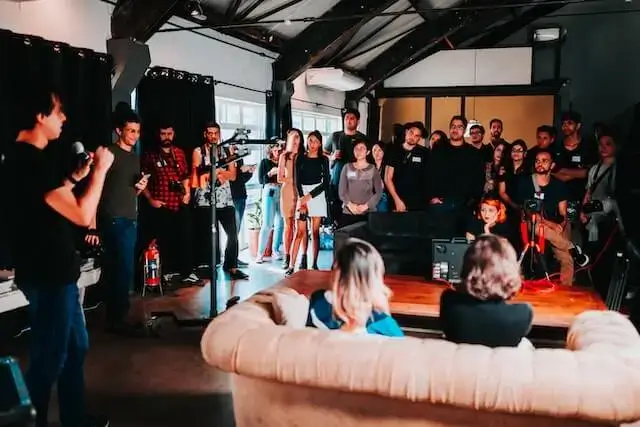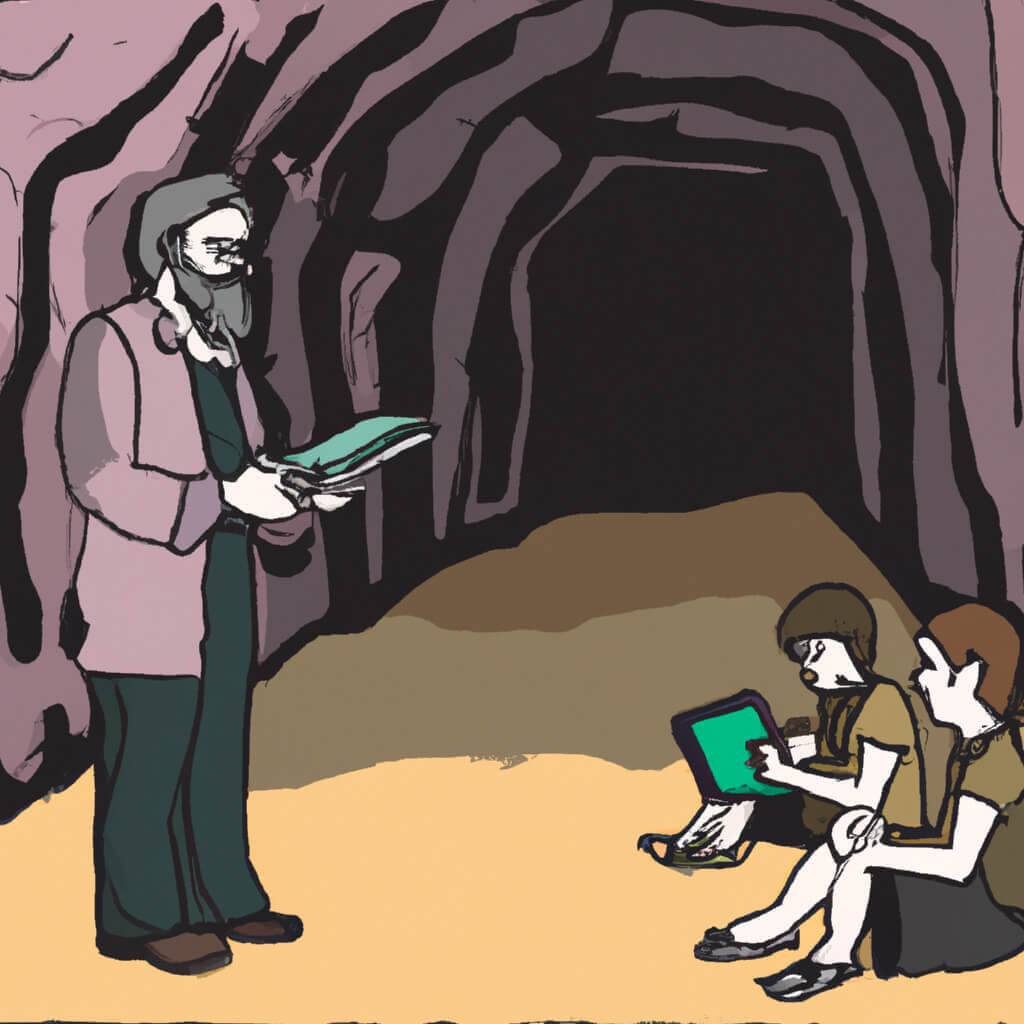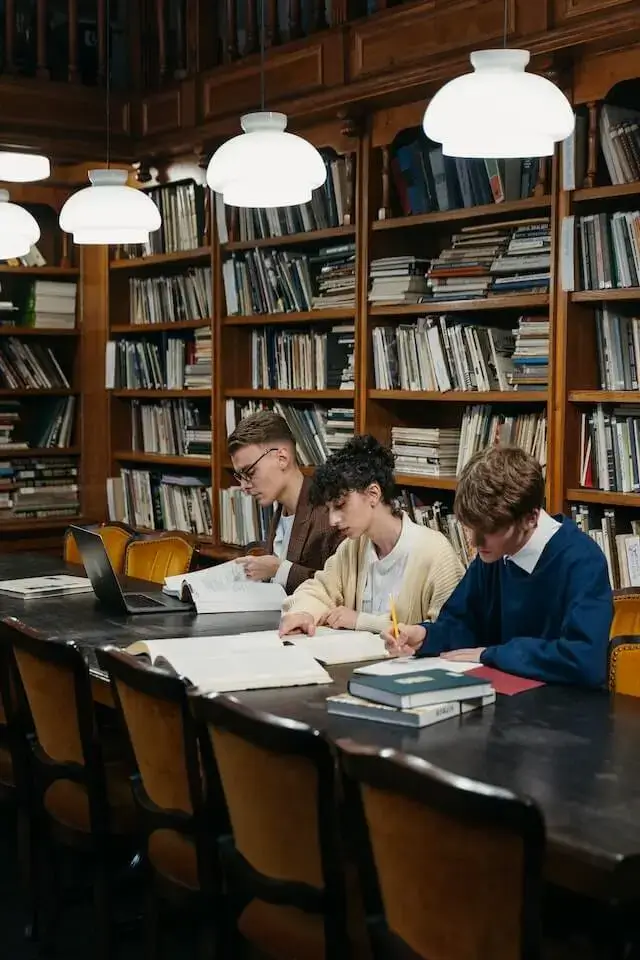
In the last few years, we have seen a revolution in schools & education. It’s not just about having new technologies and learning apps available to us, but also about how they can be used to improve our understanding of concepts. However, some people argue that this new way of learning is somehow limiting critical thinking skills and creativity, but I believe it enhances both of them.
The key to the future lies in children and how we educate them.
The key to the future lies in children and how we educate them. If we want to create a better world for our children, we need to start with early education. Education is important for a child’s future. Children should have access to quality education so that they can succeed and live better lives as adults.
World-class universities are already delivering courses to millions of students worldwide through the internet.
You may be surprised to learn that universities are already delivering courses through the internet, or at least they’re trying. They’ve been doing this for years and it’s called Massive Open Online Courses (MOOCs).
They’ve also learned how hard it is to get people to pay attention enough to learn something new. At least in my experience, if you don’t have a physical classroom and a professor standing there telling you what to do and when (with some breaks), then people don’t pay attention so well.
Schools need to rethink their purpose and the way in which they operate in order to embrace new ways of learning.

In order to embrace the new ways of learning, schools need to rethink their purpose and the way in which they operate. In the past few decades, there has been a significant increase in people working from home and online courses have become very popular. While this is good news for students, who can now study from anywhere with an internet connection, it means that educators have had to change their methods in order to meet these changing needs, Schools need to adapt if they want children today to get an excellent education that will prepare them for life after graduation.
Some people may argue that technology is limiting critical thinking skills, but I believe that it will enhance critical thinking and creativity.
Today’s students have access to more information than ever before, and they are able to access it in a variety of different ways. This allows them to think critically about the information they consume and learn from it.
In my opinion, there are two types of thinkers: surface and deep thinkers. Surface thinkers only use surface-level analysis when coming to conclusions about something; they rely on their first impressions and never dig deeper into the issue at hand.

Deep thinkers go beyond what is presented on the surface and make their own decisions based on all available information. I believe that technology has helped me become a deep thinker because it provides me with access to more information than ever before, allowing me to gain a deeper understanding of an issue before forming an opinion about it or making a decision based on it.
For example, when reading a book or watching television, we often accept what we see without questioning whether it’s true or not because we don’t want to waste time looking for other sources of information that might contradict what we’re reading or watching (if there even are any). But if you’re reading something online or viewing something via YouTube or some other video-sharing platform, you can easily click on the link and get additional information about what you’re reading or watching. This helps us become more aware of the world around us and how different people view various issues.
Technology helps us connect with each other and gives us an opportunity to reach anyone who wants an education without having physical buildings.
We may think that technology has revolutionized education, but it is not the case. There are many online courses available for students who want to learn at home. These courses are available for free on YouTube and other websites, as well as paid courses from different universities and institutions.
The best thing about these courses is that they are cheaper than traditional education, and we don’t need to go through all the trouble of finding a place to study because we can learn anywhere at any time of day.
The reason why technology hasn’t made that much impact on education is mostly due to our culture: people prefer traditional methods over new ones because they’re familiar with them; however, if you want to change then you should start using technology in order for things like this (education) to happen faster!
The most successful school of the future will be nimble and able to adapt quickly to this ever-changing world
, unlike traditional schools that are very expensive, time-consuming and inflexible. They will also be more personalized, giving students the chance to learn at their own pace, while still keeping them accountable for their performance.

The best way to prepare for this new world is through continuous learning. As we’ve seen with technology, the pace of change is only accelerating. The skills needed in 2020 will be very different from those needed today; we need people who can adapt quickly and easily.
In addition to providing a solid foundation in mathematics and science, traditional schooling often leaves out critical skills such as teamwork, communication and collaboration. Students learn these skills through extracurricular activities such as sports teams or clubs — but sports teams are only available for about six hours per week (at most). As a result, many students never get any experience with these important life skills until they enter the workforce — if then.
The good news is that there are many ways for kids to learn these skills outside of school: online courses, after-school programs or even just hanging out with friends who have different interests than you do
Nowadays, we have these tools like computers, the internet and social media, so why shouldn’t we use them? They can help us understand concepts better.
A computer is an amazing tool that can help students learn faster. Students can find lectures on the internet and listen to them while studying at home or even at school if possible. When a student listens in class he has more time to focus on understanding what the teacher means than taking notes of every single word she says which might make him confused later on when trying to study from his notes again (or even worse when writing an exam).
When listening online you will be able to replay parts of a lecture over and over again until you understand it fully without getting bored by listening too much! This way you won’t forget important information anymore because your brain gets used to hearing certain words or ideas being repeated often enough that they stay longer inside your head rather than just disappearing after a day or two (like with regular notes).
Children need education for their brighter future, but it’s not necessary to do it in a classroom from 8-3 every day.
Education is one of the most important things in our lives. Without it, we wouldn’t be able to learn about our world and how to make it better. Education is also essential for success in our future careers. But despite all of this, there are still some problems with an education that need to be solved before we can see a real revolution in learning:
First of all, education shouldn’t have to happen at school from 8-3 every day. It’s not necessary! People don’t have time for that anymore. Nowadays kids do sports or go on vacation during weekends and holidays so they don’t have time left over for school anyway; why not just get rid of those hours completely?
The second problem is cost: if you live in an area where public schools are free or cheap but private schools cost lots of money (like me), then you may feel like there’s no way out! But luckily there is another option:
online universities! They’re cheaper than normal colleges but still offer many advantages such as flexible scheduling options and distance learning programs which means no need to pick up your certificate off campus every semester just because one course requires an attendance policy — now everyone can take advantage of these amazing opportunities through technology today!”

I believe that the future of education is going to be much more flexible, mobile and personalized than it is today. Technology has already started changing the way we learn and how fast things are moving forward with technology – it’s inevitable that schools will have to adapt to this new reality sooner rather than later.
Moncif Ait Ahmed

